Prulitop-2 Tablet 10's
MRP ₹304
(Inclusive of all Taxes)
₹45.6 Cashback (15%)
Provide Delivery Location
Online payment accepted
 Prescription drug
Prescription drugWhats That
Composition :
Manufacturer/Marketer :
Consume Type :
Expires on or after :
Return Policy :
About Prulitop-2 Tablet
Prulitop-2 Tablet belongs to the group of medicines called gastrointestinal prokinetics used to treat chronic idiopathic constipation. Chronic idiopathic constipation is a functional bowel disorder characterised by difficult or incomplete and/or infrequent passage of stools that lasts for 3months or longer and is not caused by any disease or medication.
Prulitop-2 Tablet contains ‘prucalopride’, which acts on the muscle walls of the gut, and increases bowel motility. Thereby, helps restore the normal functioning of the bowel and treats constipation. Prulitop-2 Tablet helps treat chronic constipation in adults in whom laxatives do not work well.
You are advised to take Prulitop-2 Tablet for as long as your doctor has prescribed it to you. In some cases, you may experience certain common side-effects such as headache, diarrhoea, nausea, and abdominal pain. Most of these side effects do not require medical attention and will resolve gradually over time. However, you are advised to talk to your doctor if you experience these side effects persistently.
Avoid taking Prulitop-2 Tablet if you are pregnant or breastfeeding. Prulitop-2 Tablet is not recommended for children below 18 years as safety and effectiveness have not been established. Prulitop-2 Tablet may cause dizziness and tiredness, so drive only if you are alert. Keep your doctor informed about your health condition and the medicines you are taking to rule out any unpleasant side effects or interactions.
Uses of Prulitop-2 Tablet
Directions for Use
Key Benefits
Prulitop-2 Tablet belongs to the group of medicines called gastrointestinal prokinetics used to treat chronic idiopathic constipation. Prulitop-2 Tablet acts on the muscle walls of the gut and increases bowel motility. Thereby, helps restore the normal functioning of the bowel and treats constipation. Prulitop-2 Tablet helps treat chronic constipation in adults in whom laxatives do not work well.
Storage
- Hydrate your body: Drink enough water to prevent dehydration and headaches.
- Calm Your Mind: Deep breathing and meditation can help you relax and relieve stress.
- Rest and Recharge: Sleep for 7-8 hours to reduce headache triggers.
- Take rest: lie down in a quiet, dark environment.
- Cold or warm compresses can help reduce tension.
- Stay Upright: Maintain good posture to keep symptoms from getting worse.
- To treat headaches naturally, try acupuncture or massage therapy.
- Over-the-counter pain relievers include acetaminophen and ibuprofen.
- Prescription Assistance: Speak with your doctor about more substantial drug alternatives.
- Severe Headaches: Seek emergency medical assistance for sudden, severe headaches.
- Frequent Headaches: If you get reoccurring headaches, consult your doctor.
- Headaches with Symptoms: Seek medical attention if your headaches include fever, disorientation, or weakness.
- Drink water or other clear fluids.
- To prevent worsening of pain, limit intake of tea, coffee, or alcohol.
- Include bland foods like rice, toast, crackers, and rice in your diet.
- Avoid lying down immediately after eating as it may cause indigestion or heartburn.
- Avoid acidic and spicy food as it may cause indigestion.
- Inform your doctor about the nausea and discuss possible alternatives to the medication or adjustments to the dosage.
- Divide your daily food intake into smaller, more frequent meals to reduce nausea.
- Opt for bland, easily digestible foods like crackers, toast, plain rice, bananas, and applesauce.
- Avoid certain foods that can trigger nausea, such as fatty, greasy, spicy, and smelly foods.
- Drink plenty of fluids, such as water, clear broth, or electrolyte-rich beverages like coconut water or sports drinks.
- Use ginger (tea, ale, or candies) to help relieve nausea.
- Get adequate rest and also avoid strenuous activities that can worsen nausea.
- Talk to your doctor about taking anti-nausea medication if your nausea is severe.
- Record when your nausea occurs, what triggers it, and what provides relief to help you identify patterns and manage your symptoms more effectively.
- Inform Your Doctor: Notify your doctor immediately about your diarrhoea symptoms. This allows them to adjust your medication or provide guidance on managing side effects.
- Stay Hydrated: Drink plenty of fluids to replace lost water and electrolytes. Choose water, clear broth, and electrolyte-rich drinks. Avoid carbonated or caffeinated beverages to effectively rehydrate your body.
- Follow a Bland Diet: Eat easy-to-digest foods to help firm up your stool and settle your stomach. Try incorporating bananas, rice, applesauce, toast, plain crackers, and boiled vegetables into your diet.
- Avoid Trigger Foods: Steer clear of foods that can worsen diarrhoea, such as spicy, fatty, or greasy foods, high-fibre foods, and dairy products (especially if you're lactose intolerant).
- Practice Good Hygiene: Maintain good hygiene to prevent the spread of infection. To stay healthy, wash your hands frequently, clean and disinfect surfaces regularly, and avoid exchanging personal belongings with others.
- Take Anti-Diarrheal Medications: If your doctor advises, anti-diarrheal medications such as loperamide might help manage diarrhoea symptoms. Always follow your doctor's directions.
- Keep track of your diarrhoea symptoms. If they don't get better or worse or are accompanied by severe stomach pain, blood, or dehydration signs (like extreme thirst or dark urine), seek medical help.
- Consume more protein-rich foods and healthy fats like beans, avocados, cheese, nuts and lean meats to minimize appetite.
- Prefer foods high in fiber to help feel full for a long time.
- If you have decreased appetite, eat only when you are hungry.
- Eat several small meals or snacks all day.
- Try to take only small sips of fluids while eating.
- Inform your doctor about dizziness symptoms. They may adjust your medication regimen or prescribe additional medications to manage symptoms.
- Follow your doctor's instructions for taking medication, and take it at the same time every day to minimize dizziness.
- When standing up, do so slowly and carefully to avoid sudden dizziness.
- Avoid making sudden movements, such as turning or bending quickly, which can exacerbate dizziness.
- Drink plenty of water throughout the day to stay hydrated and help alleviate dizziness symptoms.
- If you're feeling dizzy, sit or lie down and rest until the dizziness passes.
- Track when dizziness occurs and any factors that may trigger it, and share this information with your doctor to help manage symptoms.
- Preventing Vomiting (Before it Happens)
- Take medication exactly as prescribed by your doctor. This can help minimize side effects, including vomiting.
- Having a small meal before taking your medication can help reduce nausea and vomiting.
- Talk to your doctor about taking anti-nausea medication along with your prescribed medication.
- Managing Vomiting (If it Happens)
- Try taking ginger in the form of tea, ale, or candy to help alleviate nausea and vomiting.
- What to Do if Vomiting Persists
- Consult your doctor if vomiting continues or worsens, consult the doctor for guidance on adjusting your medication or additional treatment.
Drug Warnings
Do not take Prulitop-2 Tablet if you are allergic to any of its components, if you are on renal dialysis, have perforation/obstruction of the gut wall, inflammation of the intestinal tract, Crohn’s disease, toxic megacolon/megarectum or ulcerative colitis. Inform your doctor if you have AIDS, hormonal problems, neurological disease, suicidal tendency, mood disorder, cancer, heart, kidney or liver problems. Avoid taking Prulitop-2 Tablet if you are pregnant or breastfeeding. Prulitop-2 Tablet is not recommended for children below 18 years as safety and effectiveness have not been established. Prulitop-2 Tablet may cause dizziness and tiredness, so drive only if you are alert.
Drug-Drug Interactions
Drug-Drug Interactions
Login/Sign Up
Drug-Food Interactions
Drug-Food Interactions
Login/Sign Up
Diet & Lifestyle Advise
- Try maintaining a balanced diet that includes fresh fruits and vegetables.
- Stay hydrated, drink enough water and fluids.
- Exercise regularly, and stay fit.
- Get enough sleep.
- Try making time to empty your bowels whenever the body tells you to.
- Eat food rich in fibre such as whole-wheat bread, oatmeal, flaxseed, nuts, beans, lentils, fruits (berries, apples, oranges, bananas, pears, figs) and vegetables (broccoli, spinach, sweet potatoes, avocados).
Side Effects of Prulitop-2 Tablet
- Abdominal pain/cramps
- Headache
- Diarrhoea
- Vomiting
- Tiredness
- Nausea
Habit Forming
Therapeutic Class
All Substitutes & Brand Comparisons
RX
Prugonist 2 Tablet 10's
Mylan Pharmaceuticals Pvt Ltd
₹215.5
(₹19.4 per unit)
29% CHEAPERRX
Easy Go Tablet 10's
Sanatra Healthcare Ltd
₹234
(₹21.06 per unit)
23% CHEAPERRX
Evaquik 2 mg Tablet 10's
Ergos Life Sciences Pvt Ltd
₹259.5
(₹23.36 per unit)
14% CHEAPER
Author Details
We provide you with authentic, trustworthy and relevant information
Drug-Diseases Interactions
Drug-Diseases Interactions
Login/Sign Up
FAQs
Drug-Drug Interactions Checker List
- DIPHENHYDRAMINE
Disease/Condition Glossary
Chronic idiopathic constipation: Chronic idiopathic constipation is a functional bowel disorder characterised by difficult or incomplete and/or infrequent passage of stools that lasts for 3months or longer and is not caused by any disease or medication. Symptoms include bloating, abdominal pain, and feeling as if the bowel movement is incomplete. Constipation occurs when the normal muscle contractions in the large intestine slow down, which causes the incomplete elimination of the bowel from the body. Constipation could be associated with a sudden change of diet, a diet with less fibre, not drinking enough liquids, lack of exercise, loss of tone of the bowel muscles in older people, or having to stay in bed for a longer duration.

Have a query?
Alcohol
Safe if prescribed
It is not known if alcohol interacts with Prulitop-2 Tablet . Please consult your doctor if you have any concerns regarding this.
Pregnancy
Consult your doctor
Prulitop-2 Tablet is not recommended during pregnancy. Use a reliable method of contraception while taking Prulitop-2 Tablet . Inform your doctor if you are pregnant, think you are pregnant or planning for pregnancy.
Breast Feeding
Consult your doctor
Prulitop-2 Tablet might pass into breastmilk. Avoid breastfeeding while taking Prulitop-2 Tablet .
Driving
Safe if prescribed
Prulitop-2 Tablet is unlikely to affect your ability to drive. However, sometimes Prulitop-2 Tablet might cause dizziness and tiredness, so drive only if you are alert.
Liver
Consult your doctor
Please consult your doctor if you have liver impairment/liver disease.
Kidney
Consult your doctor
Please consult your doctor if you have kidney impairment/kidney disease.
Children
Safe if prescribed
Prulitop-2 Tablet is not recommended for children below 18 years as safety and effectiveness have not been established.

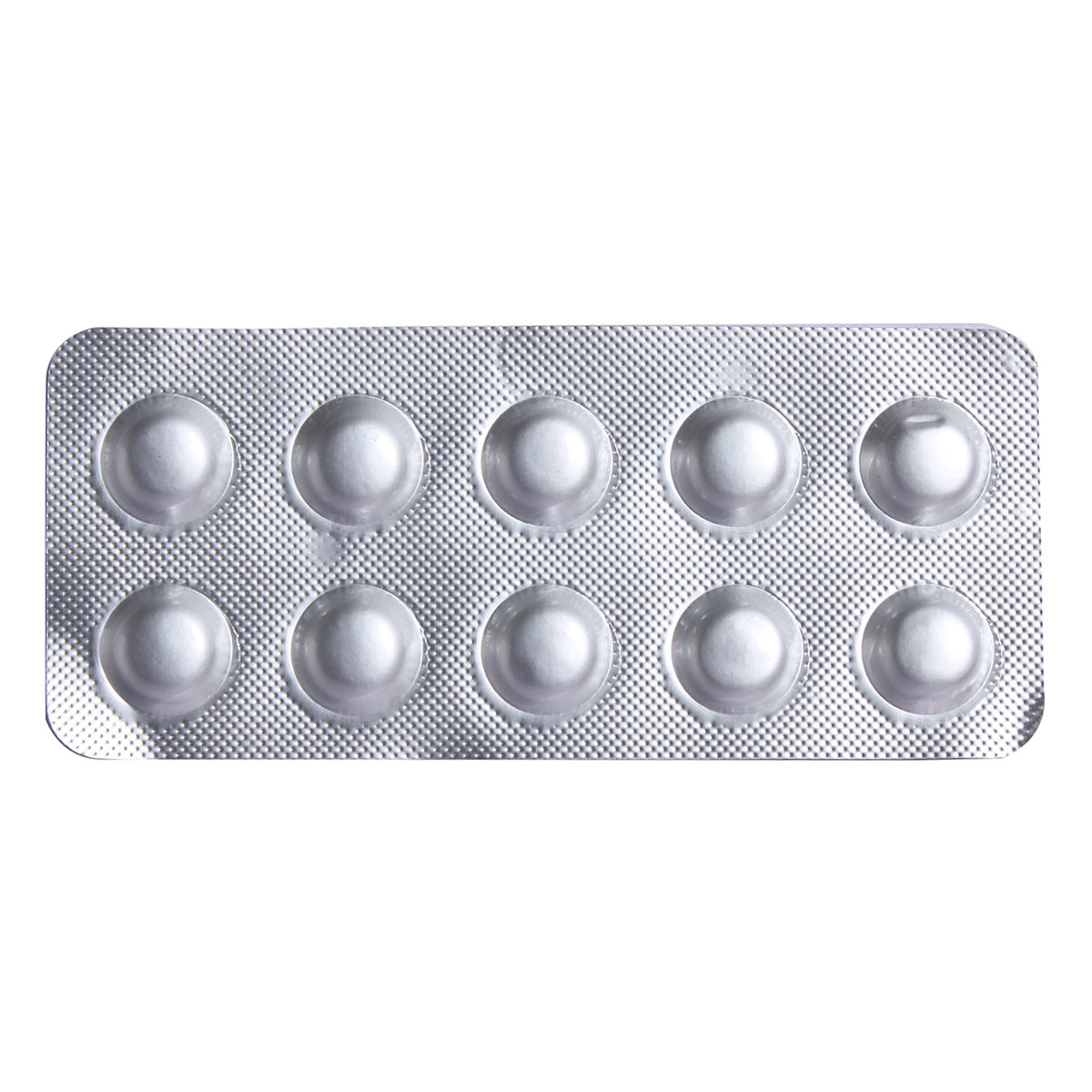
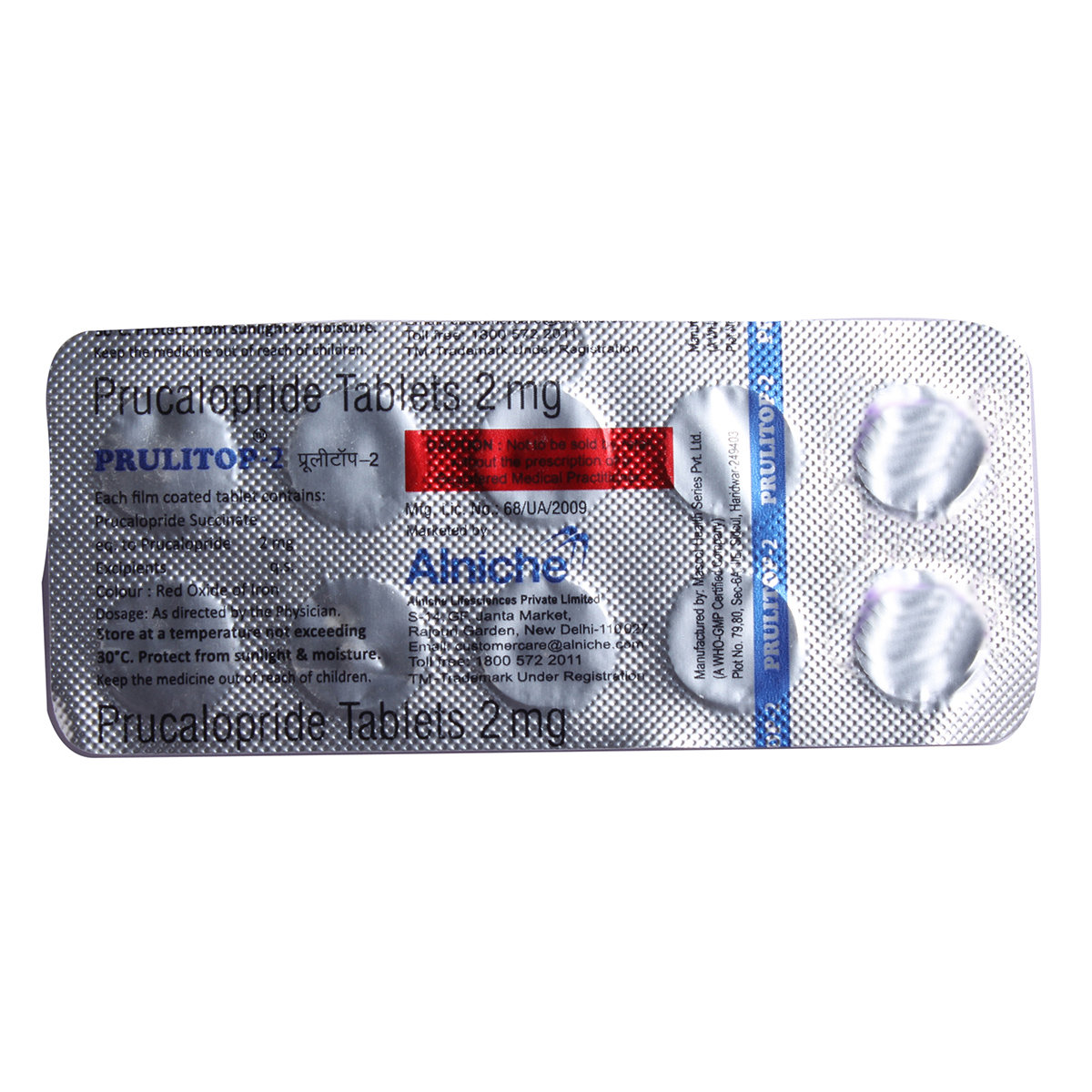



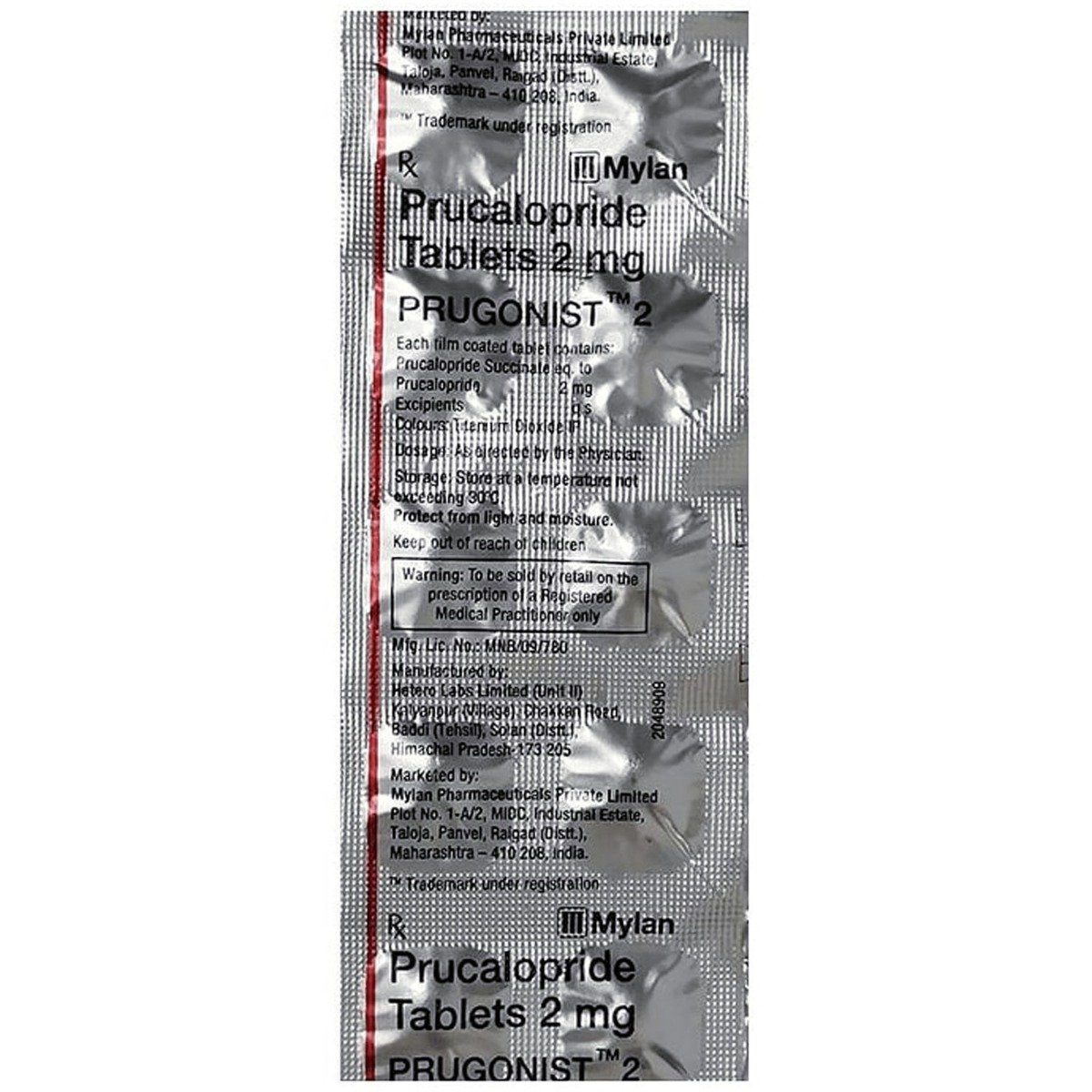

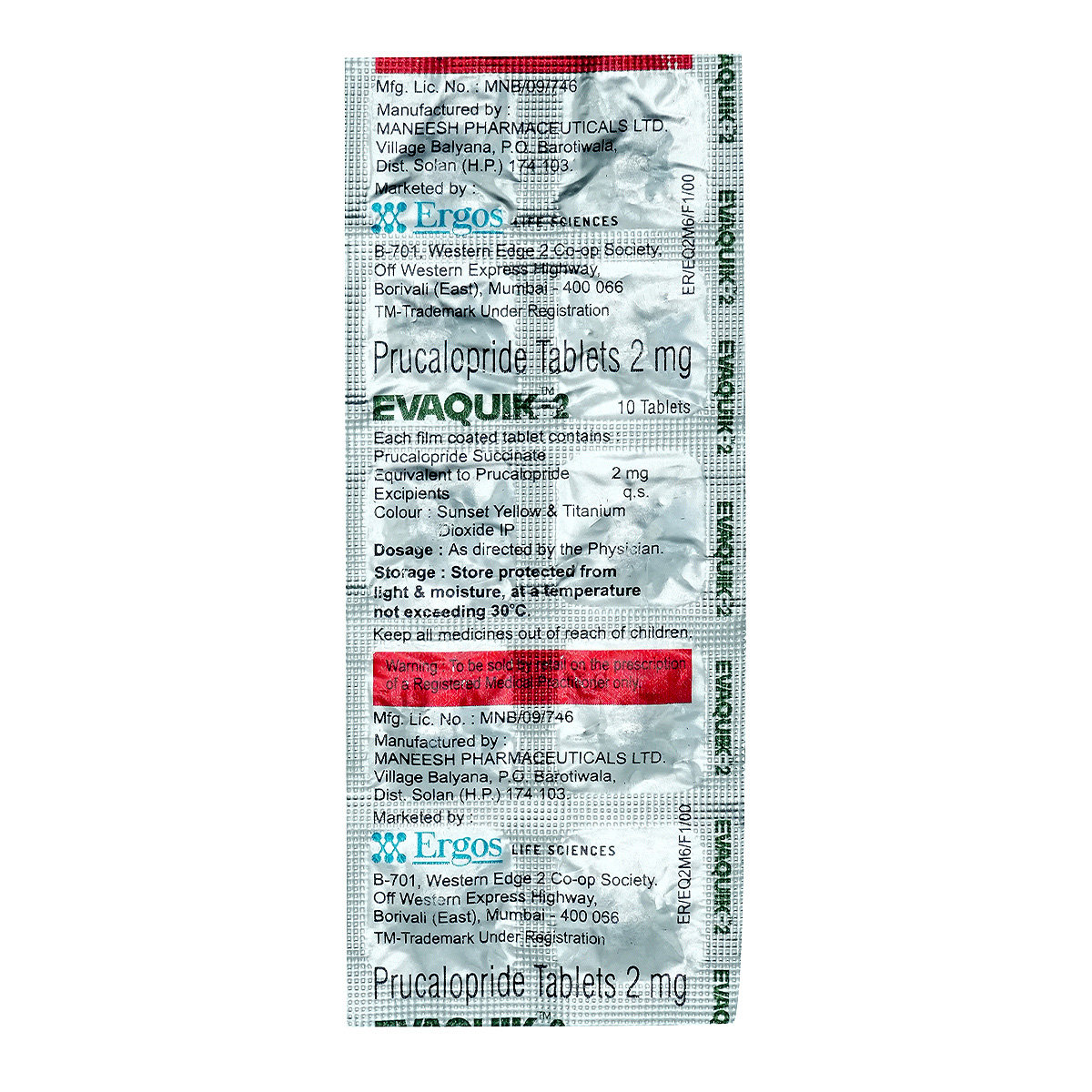



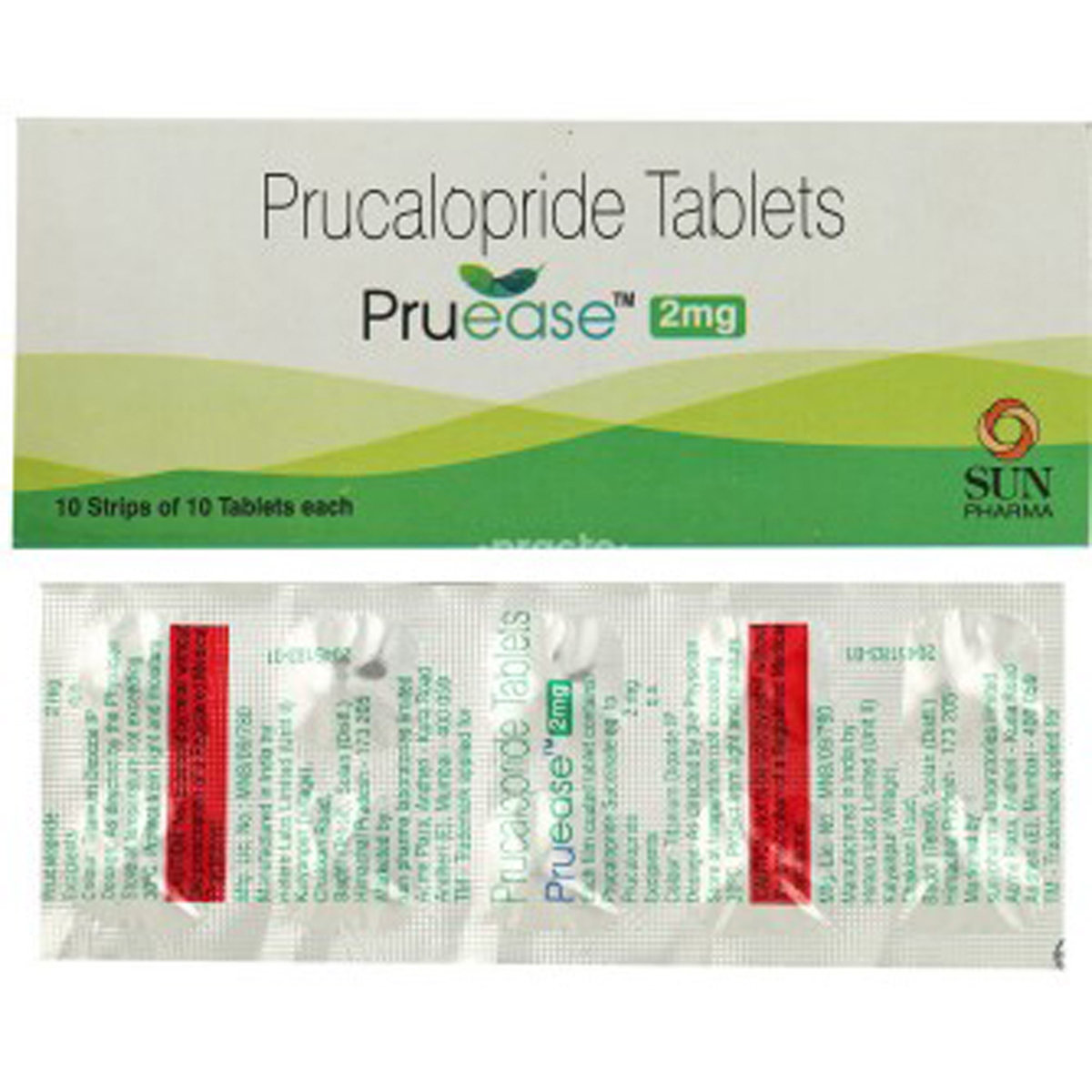

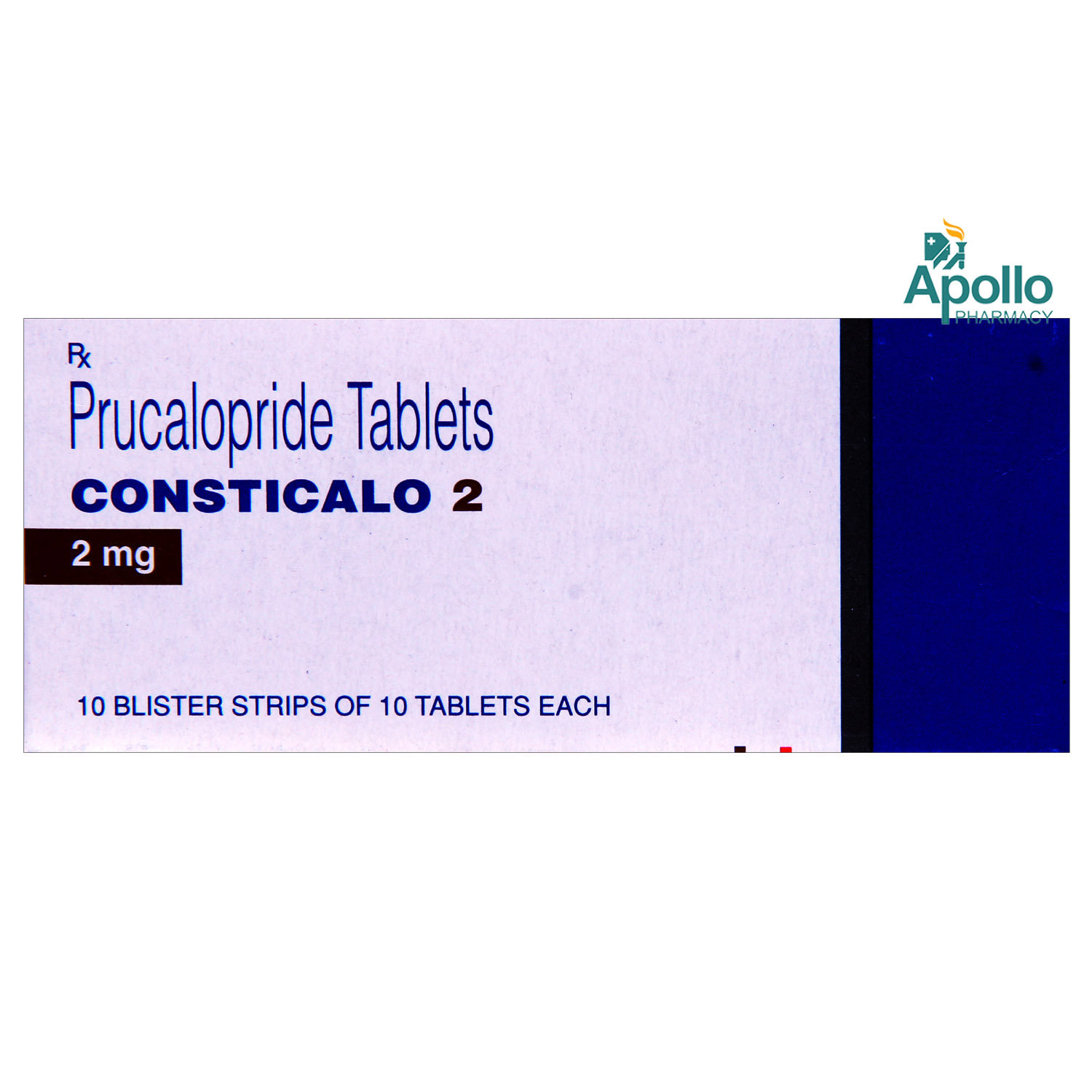
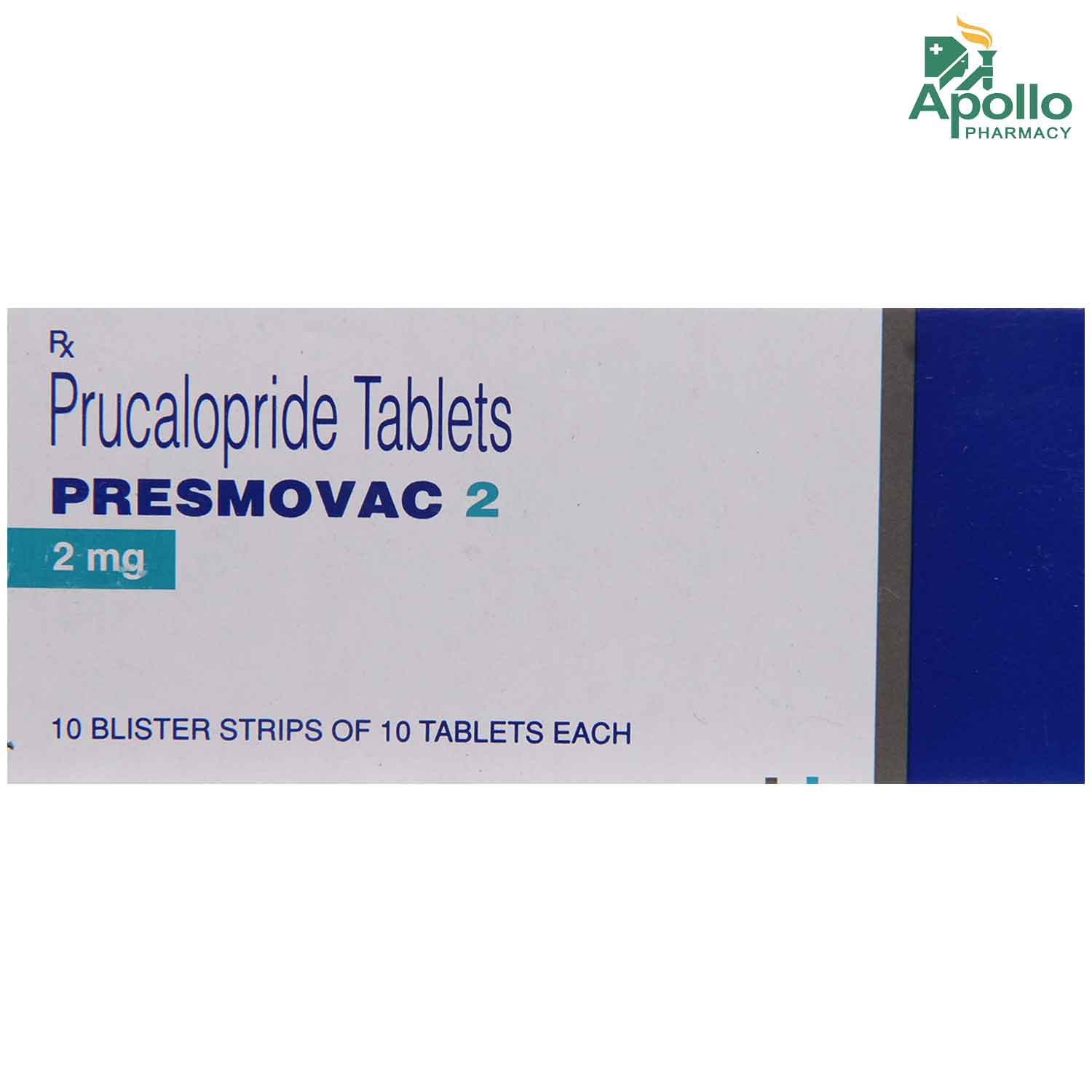
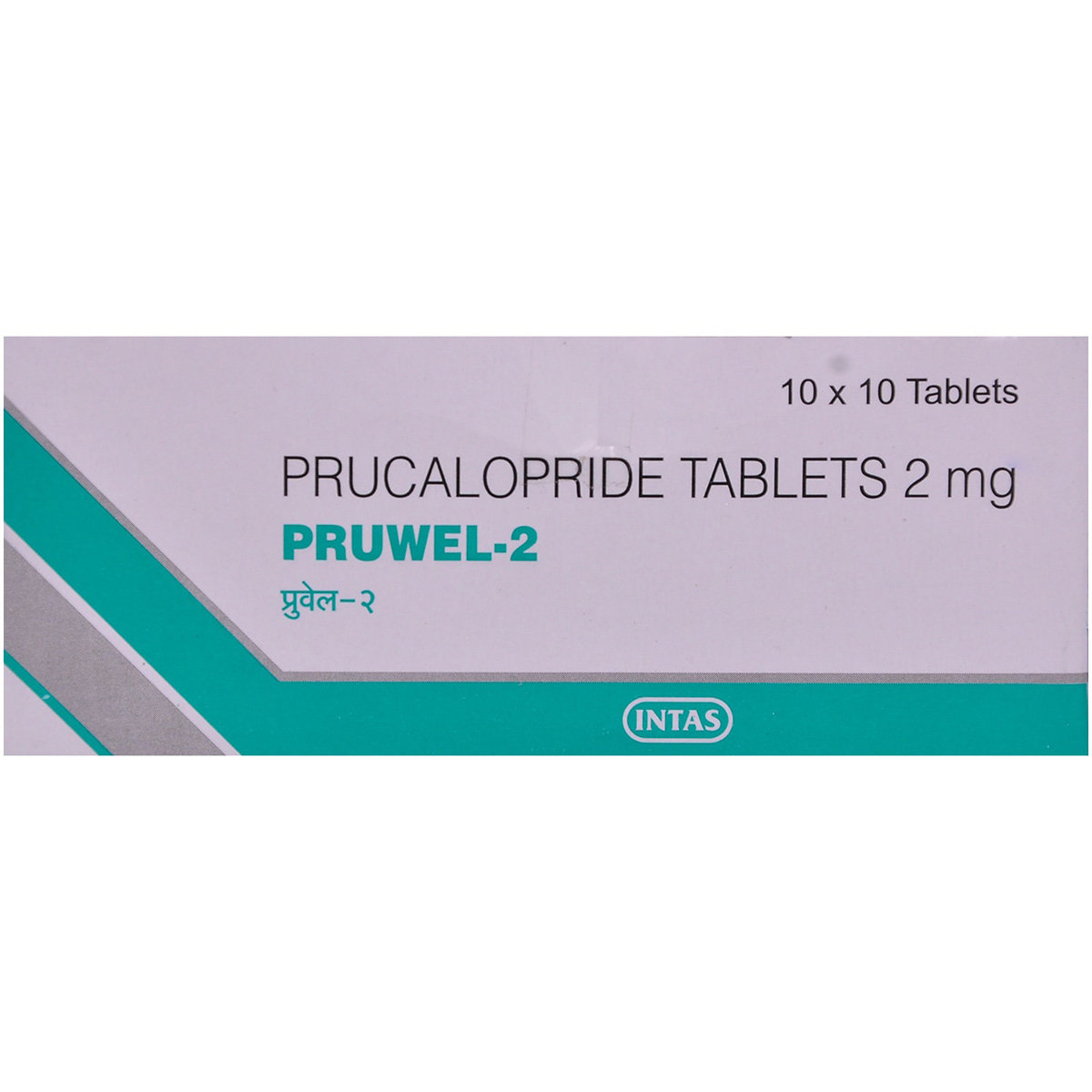
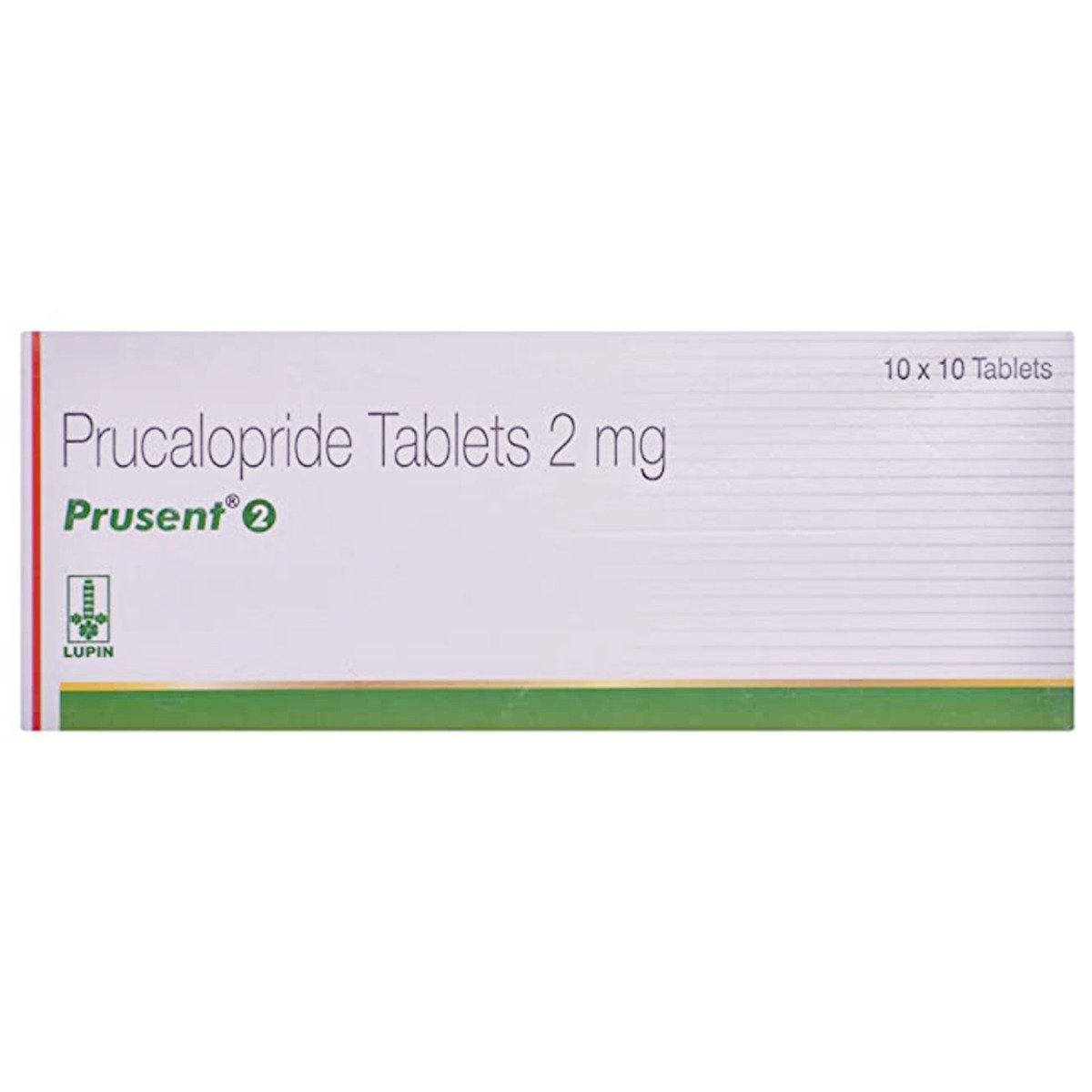

_0.jpg?tr=q-85)

